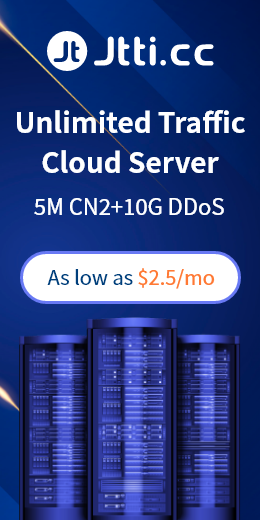The demand for servers in the financial industry is usually very high because it needs to process a large amount of sensitive data and real-time transactions, and servers in the financial industry generally have high availability, security, and performance. Renting a financial industry server generally follows the following key indicators!
Availability and reliability
Financial transactions need to run 24/7, so servers must be highly available and reliable. This includes hardware redundancy, hot spare slots, automatic failover and other features to reduce downtime.
property
Financial transactions require low latency and high throughput, so servers must deliver superior performance. This includes high-speed processors, large memory capacities, and fast storage systems.
Data security
Financial data is extremely sensitive and requires servers to provide strong data security features, including encryption, access control, vulnerability patching, and malware detection.
compliance
The financial industry is subject to regulatory and compliance requirements that servers must comply with, such as PCI DSS (Payment Card Industry Data Security Standard) and GDPR (General Data Protection Regulation), among others.
extensibility
Financial institutions need to be able to cope with growing volumes of data and transactions, so servers must be scalable to support rapid horizontal and vertical scaling.
Data backup and recovery
Servers must support regular backups and disaster recovery plans to ensure that financial data is not lost and can be recovered quickly.
Monitoring and logging
Servers must provide detailed monitoring and logging capabilities to track performance, security, and compliance, and to detect problems in a timely manner.
Virtualization and cloud computing
Many financial institutions have adopted virtualization and cloud computing technologies to achieve flexible management of resources and cost savings.
Network security
Servers must be integrated with network security measures such as strong firewalls, intrusion detection systems, and anti-virus software.
Authentication and access control
Ensure that only authorized users have access to financial systems and data, using security measures such as multi-factor authentication.
Flexible deployment options
Financial institutions may require hybrid, private or public cloud deployment options to choose from depending on their specific needs.
The requirements of financial servers are high in order to protect the security and stability of user data and transactions. Therefore, financial institutions often invest in high-performance, high-security, and highly scalable server solutions to meet their needs.

 EN
EN
 CN
CN









